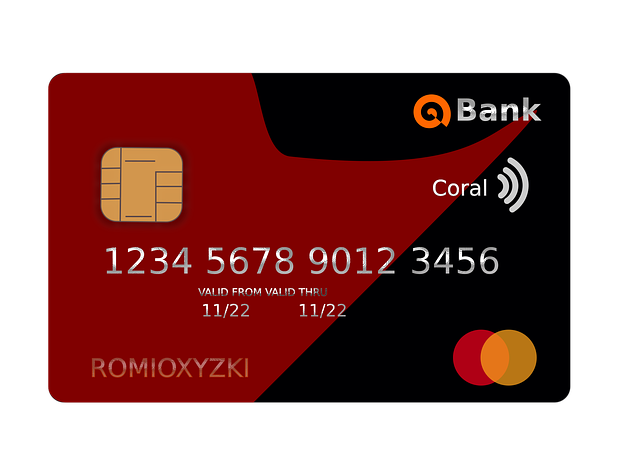The rental application process is a critical step for both property owners and tenants, involving extensive documentation like personal info, employment details, financial data (proof of income, credit reports), and background checks. While checks help landlords assess tenant stability, strict criteria can overlook temporary financial hardships. Today, the process has evolved with digital tools like online identity verification and AI-driven background checks, enhancing efficiency and security while maintaining integrity in the rental application process.
“Unraveling the impact of checks on short-term rental applications is a critical step in understanding the modern rental landscape. This article offers an insightful journey through the intricate rental application process, highlighting how background checks play a pivotal role in shaping trust and security.
We explore the benefits and concerns associated with these checks, especially in the digital age, providing a comprehensive overview for both hosts and guests. Furthermore, it delves into best practices to ensure a seamless experience while navigating this essential aspect of short-term rentals.”
- Understanding the Rental Application Process: A Comprehensive Overview
- The Role of Checks in Short-Term Rentals: Benefits and Concerns
- Best Practices for Implementing Checks in the Digital Age
Understanding the Rental Application Process: A Comprehensive Overview

The rental application process is a critical step for both property owners and prospective tenants. It’s a thorough evaluation that considers various factors to determine the best fit for short-term accommodations. Typically, applicants are required to fill out detailed forms that solicit personal information, employment details, and financial data. This includes providing proof of income, employment history, and, in many cases, credit reports and background checks.
Understanding this process is essential for anyone looking to rent property through check platforms. It involves submitting comprehensive documentation to demonstrate financial stability and responsible behavior. By navigating the rental application process successfully, individuals can increase their chances of securing a desirable listing, ensuring a smooth transition into their temporary home.
The Role of Checks in Short-Term Rentals: Benefits and Concerns

In the dynamic world of short-term rentals, checks play a pivotal role in streamlining the rental application process while raising certain concerns. These financial verification tools offer landlords and property managers invaluable insights into a potential tenant’s financial stability, which is crucial for minimizing risk. By checking credit scores and income levels, landlords can assess the likelihood of timely rent payments, ensuring their investment is protected. This precautionary measure is especially beneficial in an era where securing reliable tenants is a top priority due to high turnover rates and unpredictable market conditions.
However, the reliance on checks also comes with considerations. Some potential renters may have been negatively impacted by economic fluctuations or unexpected life events, leading to lower credit scores or insufficient income documentation. Rigorous checking practices might inadvertently exclude deserving candidates who face temporary financial challenges. Balancing the need for financial verification against fostering inclusivity within the rental application process is essential to create a fair and accessible environment for all prospective tenants.
Best Practices for Implementing Checks in the Digital Age

In the digital age, implementing checks within the rental application process has evolved significantly. Best practices now involve leveraging advanced verification methods that balance security with user-friendliness. Online identity verification tools, for instance, can swiftly confirm applicants’ information through secure data cross-referencing, reducing delays and enhancing efficiency without compromising accuracy.
Additionally, automated background checks powered by AI ensure a comprehensive assessment of potential risks. These checks go beyond traditional credit scores, delving into criminal records, rental history, and even social media activity (when relevant and legal). This holistic approach allows landlords to make informed decisions, fostering trust while maintaining the integrity of the rental application process in an increasingly digital landscape.






